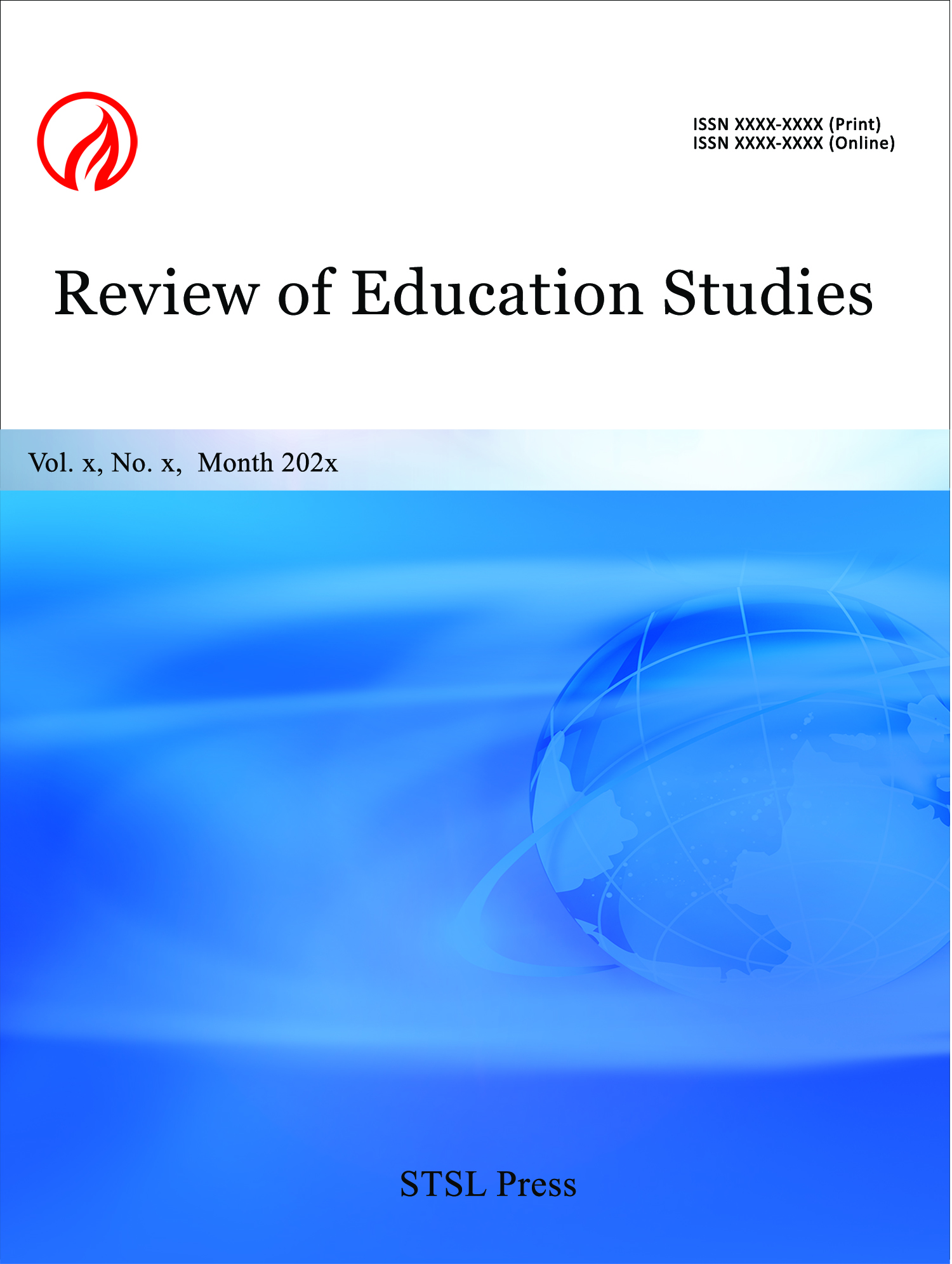Terminology as a Component of the Professional Discourse of a Language Teacher in the Context of Multilingualism
I.T.Kushegenova
S.S.Sayakhmet
A.B.Tumanova
O.I.Rudenko-Morgun
Abstract
The article is devoted to the problem of the formation of the terminological component of the professional discourse of the future language teacher. In the conditions of social changes (globalization, informatization, computerization, integration, etc.) of the late 20th and early 21st centuries, one can notice the increasing requirements for the professional training of a specialist that meets the needs of our time. In this regard, the problem of forming a professional discourse of a future specialist and his competencies is of particular relevance. The article notes that in the multi-level education system of the Republic of Kazakhstan, based on credit technology of education, a number of changes are being made in state standards in all areas of training of multilingual specialists. These changes were also reflected in the educational program of the Al-Farabi Kazakh National University for bachelors in the specialty “Russian Language and Literature” and, in turn, required the development of educational content that allows them to master professional terminology at a different qualitative level. The solution of this problem was the goal of the study covered in this article. In the course of the study, the following analytical and synthetic methods were used: definitional analysis as a method of contrastive study of languages, complex competence analysis, methods of comparison, generalization and systematization, a descriptive method, a method of statistical processing of research results, etc. The authors attempted to show that a phased, systemic and a deep study of highly specialized terms of major and elective disciplines, based on working with texts in the specialty and lexicographic sources, will help improve the quality of professional training of future teachers of literature. As a result of the study, the article presents scenarios of creative tasks that provide for systematization and complexity in the presentation and assimilation of special terms and contribute to increasing students’ motivation for professional growth, as well as data from a training experiment. The prospects for research in this area are presented.
Paper:
pdf
DOI:
https://doi.org/10.71002/res.v3n1p1
 This work is licensed under a
Creative Commons Attribution 4.0 License.
This work is licensed under a
Creative Commons Attribution 4.0 License.
Contact us
- Jennifer Smith
- res@stslpress.org
